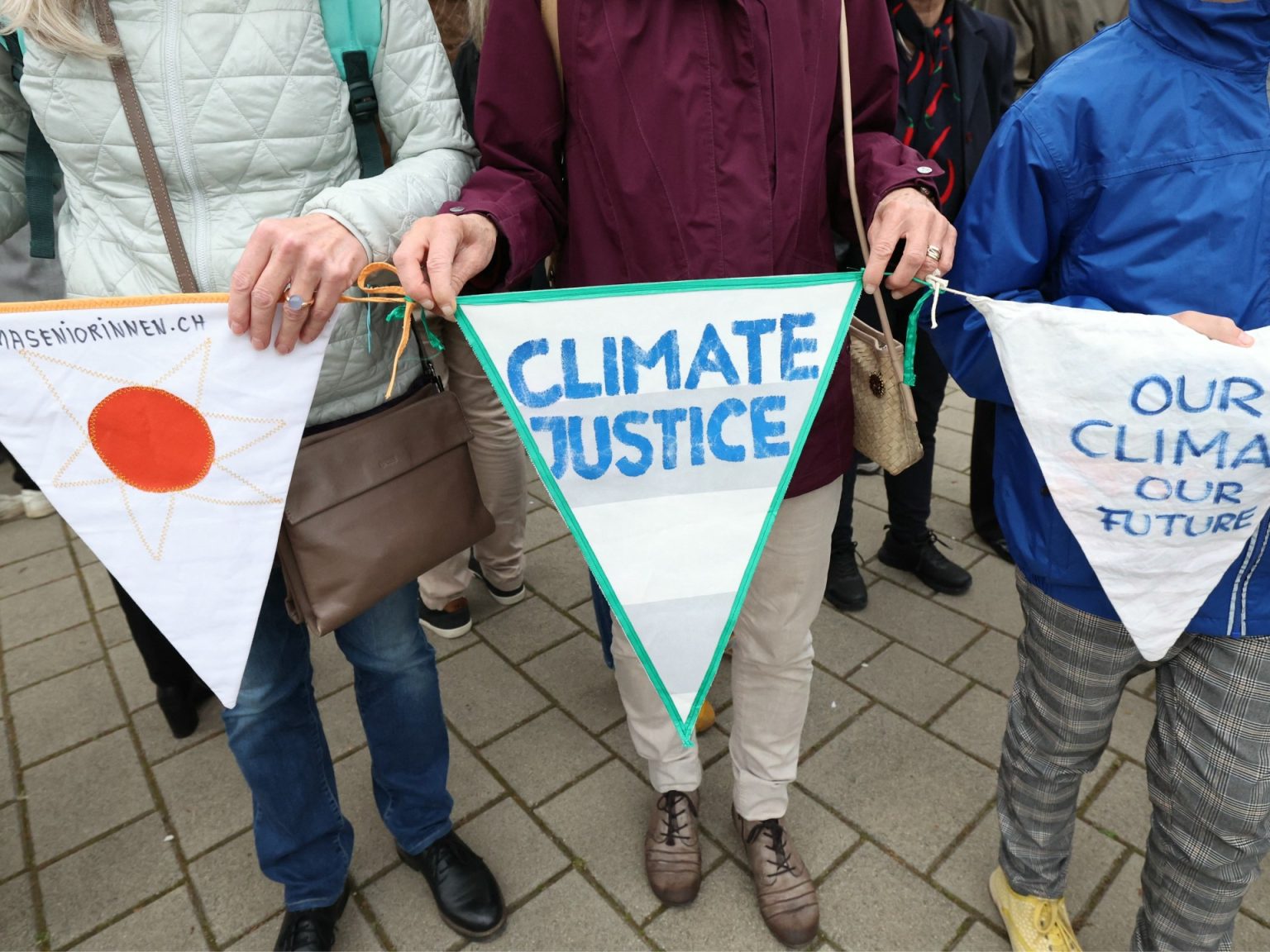The United Nations Development Programme (UNDP) conducted the largest survey to date on climate change, polling 75,000 people in 77 countries. The results revealed that four in five individuals across the globe are in favor of their countries intensifying efforts to combat climate change. A majority of respondents expressed support for a swift transition from fossil fuels to cleaner energy sources, with even major greenhouse gas emitters like China and the United States showing significant approval. However, Russian respondents were less enthusiastic, with only 16 percent backing the move.
The survey, carried out in collaboration with Oxford University and GeoPoll, consisted of 15 questions administered through random telephone calls. The findings highlighted a strong global consensus on the necessity for bold climate action. With world leaders tasked with formulating new commitments under the Paris Agreement by 2025, the survey results serve as clear evidence that people worldwide are in favor of urgent measures to address the climate crisis. Overall, 80 percent of respondents called for stronger commitments to tackle climate change, with support for action even higher in countries disproportionately impacted by the effects of global warming.
Despite the widespread concerns expressed in the survey, only 56 percent of respondents reported thinking about climate change at least once a week. This discrepancy suggests a potential inconsistency between awareness and action in addressing climate change. While the majority of those surveyed indicated increased worries about climate change compared to the previous year, there is a disconnect between personal concerns and actions that need to be taken. The impact of climate change is evident in the lives of individuals, with 69 percent stating that global warming has influenced major decisions such as where to live or work, and what to purchase.
UNDP head Achim Steiner emphasized a prevalent “perception gap” when it comes to climate action, noting that individuals often feel reluctant to take action if they believe that others are not doing their part. This attitude of inertia may hinder collective efforts to address the climate crisis effectively. Despite the widespread support for climate action displayed in the survey results, there is a need for increased awareness and engagement among the global population to translate concerns into tangible changes. The survey highlighted varying levels of climate anxiety across different countries, with nations like Fiji, Afghanistan, and Turkey exhibiting higher levels of concern compared to others.
The survey results underscore the urgent need for a coordinated global response to combat climate change effectively. With the majority of respondents expressing a desire for a rapid transition to clean energy sources and a stronger commitment to addressing the issue, it is crucial for policymakers and leaders to heed the calls for action. Moving forward, it will be essential to bridge the gap between awareness and action, encouraging individuals to take meaningful steps towards mitigating the impacts of climate change. By leveraging the insights from the survey and fostering greater collaboration on a global scale, the international community can work towards a sustainable future for all.













